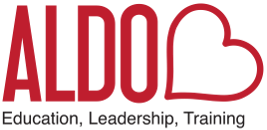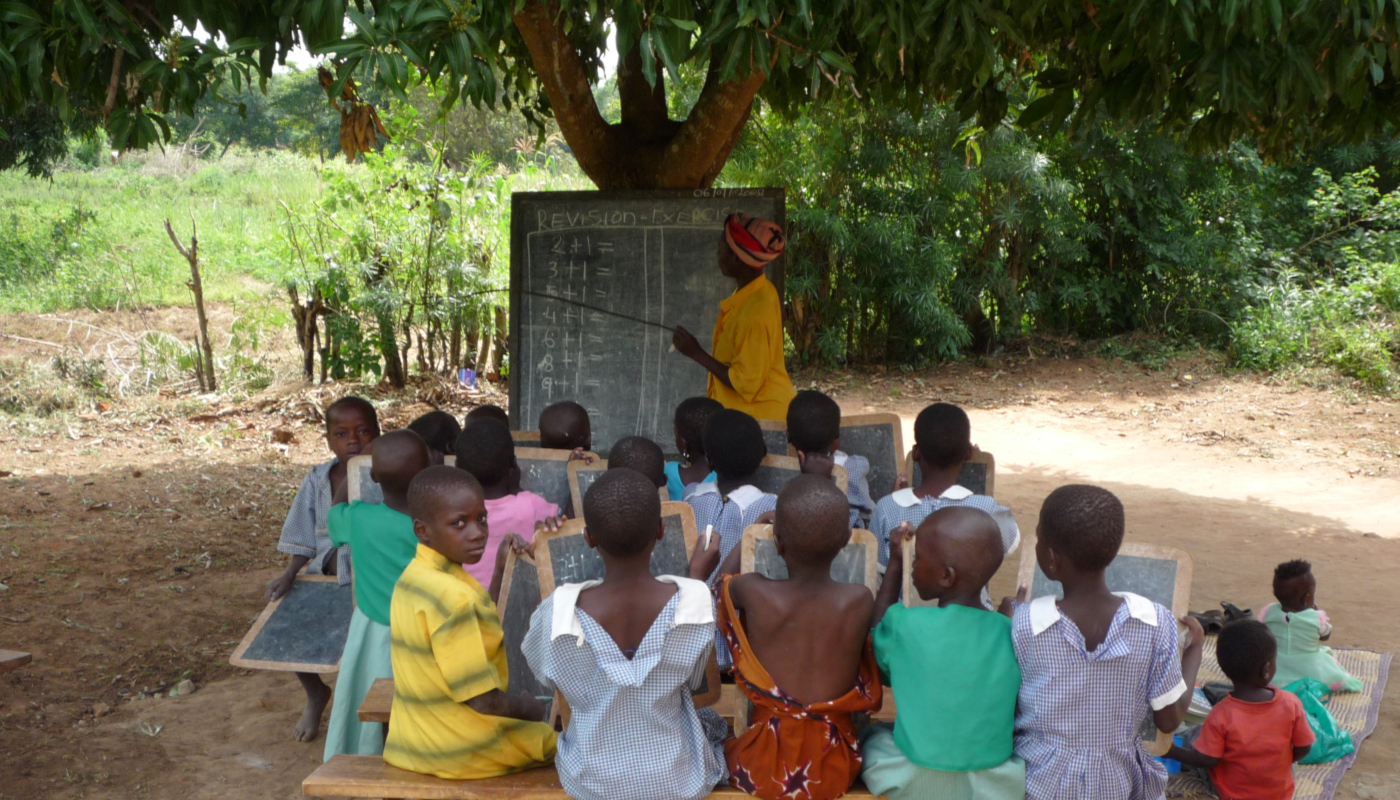In Uganda, a lack of resources and inequitable access to proper institutions challenge access to quality education for children and adolescents. A majority of the youth in Uganda only attend primary school from ages 6 to 13 and less than 25% of students move on to secondary school. UNICEF has claimed that affluent students mainly attend secondary school in Uganda, noting that “the secondary level enrollment of the richest 20% of the population (43.1%) is five times that of the poorest 20% (8.2%).” Additionally, alarming rates of teen pregnancies and forced marriages in Uganda have a shattering effect on girls’ education in Uganda. The Amazing Love Development Organization (ALDO) is working to bring more attention to these educational challenges in Uganda, using their own Amazing Love School in the Namutumba District to help children lead a more successful life.
ALDO’s Founders
Canadian residents Phoebe and James Gonahasa founded ALDO after the couple visited Nakyere Village in the Namutumba District in 2001. During her youth, two teachers in Uganda raised Phoebe and despite having few modern amenities at the time, she considers her access to education a privilege. Realizing the poor state of education after returning so many years later, Phoebe and James felt inspired to bolster the community with a new school.
In an interview with The Borgen Project, ALDO president Sheilagh Clifton explained that “the Gonahasa’s started saving money and every summer returned to Uganda to visit family and supervise the construction of a multi-purpose building, to serve as a community center and for children to attend school.” In 2006, the organization completed the construction of a multipurpose hall, acting as a community center and an early childhood education institution. Two years later, ALDO began constructing a nearby elementary school that offers primary education and literacy programs for the community.
Early Education and Elementary Schooling
ALDO’s educational programs serve to improve childhood education and promote good character. Clifton says, “Namutumba District has high levels of dropout cases plus the learning achievements in the primary are quite low.” The organization’s early intervention programs teach children the essentials of literacy and numeracy, providing the educational resources to do so. Researchers from the Eunice Kennedy Shriver National Institute of Child Health and Human Development attest that children who receive early childhood education have higher chances of excelling in higher education.
Children enrolled through ALDO can also receive elementary section education at the second school. It is located about two kilometers from the original building. ALDO hires and trains qualified teachers to teach the Ugandan primary curriculum consisting of English, Mathematics, Social Studies, Science and Religious Education. To work around the lack of electricity due to the school’s rural location, the organization provides solar power to parts of the school for basic services like printing, emailing and photocopying.
Motivating Students to Continue Education in Uganda
To gauge the success of students, ALDO administers the Primary Learning Exam (PLE) that Uganda National Examinations Board designed. This mandatory exam tests grade seven students on English language, mathematics, science and social studies in order to reintegrate them into the next appropriate grade in secondary school. Based on the results of the exam, the board distributes students across four divisions, with division one being the highest achievement and division four being the minimum requirement to pass.
Clifton is proud to share that, of the 11 students who took the exam in 2019, three passed in division one seven in division two and one in division three. She added that “many of these children come to us two and three years previously unable to read or write.” ALDO is working to improve the conditions at their school to consistently achieve these scores. Its goal is to motivate more students to progress into secondary school, which equips the youth with “skills, aptitudes, and social values for a productive and healthy adult life.”
Education Breaks Cycles of Poverty
ALDO quotes on its website, “Education is a powerful vaccine against the pandemics of poverty, disease and ignorance.” For developing countries, public investment in education can break cycles of poverty. The people of Nakyere village commonly practice subsistence agriculture to provide for their family and community, earning little or no surplus. Clifton explained that “the community is trapped in overwhelming poverty even though there is a desire to break free.”
A 2014 study from the International Journal of Education and Research has shown that a leading cause of absenteeism in school is household work. Children often have no choice but to farm or trade to help make ends meet, disrupting the levels of education they receive.
ALDO’s kindergarten is currently the only one operating in Nakyere, making it a crucial component in improving accessibility to early education. According to The World Bank, preprimary school enrollment in Uganda was only 14% in 2017. To improve on those numbers, ALDO works with parents to communicate the value of early education. The organization hosts parent sessions each term, encouraging them to enroll their children in the school.
Beyond basic education, ALDO also offers skills and leadership development. Each week, students take part in activities like baking, basket making, pottery, music and other skills with work-related applications.
Planning for Expansion
The conditions of rural Nakyere leave much for ALDO to desire. The most significant challenge the organization faces is a deficiency of resources for both basic services and schooling needs. Clifton said that the main campus holds classes “with an open hall layout, where it is very difficult to have distinct areas for different subjects and activities.” Lack of electricity in the region limits the amount of light entering the school and a lack of tables and chairs affects students’ ability to engage in schoolwork.
The organization is currently working on expanding its kindergarten with construction improvements and additional equipment with the goal of increasing the kindergarten capacity to 120 students.
ALDO’s Successes
The student body at the Amazing Love School has grown from 46 children to more than 300 children since its opening in 2006. ALDO continues to improve its elementary section by hiring qualified teachers and training professional development, communication skills and computer use.
To promote gender balance, six of the school’s 15 teachers are female. ALDO also provides female students with health supplies and counseling sessions. James Gonahasa stated that “there has been a great reduction in the number of girls married off early and fewer children are working as house maids or farm laborers during school hours.”
The Amazing Love School owes much of its success to the dedication of its co-founders, Phoebe and James Gonahasa. In 2019, the Elementary Teachers’ Federation of Ontario (ETFO) recognized the couple with its International Humanitarian Award. ETFO president Sam Hammond praised the organization for “inspiring hope and a love of learning that will change students’ futures forever.”
ALDO’s work in Nakyere village has had an immense impact on the pulse of the community. The implementation of two schools in the Namutumba district sets a precedent for children’s outlook on education in Uganda that will help break generational cycles of poverty perpetuated by childhood labor and general nescience regarding the value of school. ALDO offers student and teacher sponsorships on the Amazing Love Development website.
– Evan Lemole
Link to the original article: https://www.borgenmagazine.com/education-in-uganda/


